HS-LS4-4
Construct an explanation based on evidence for how natural selection leads to adaptation of populations.
-
 Science & Society
Science & SocietyCOVID-19: When will it be safe to go out again?
No one yet knows when social distancing can end. Experts explain we need 'herd immunity,' which won't be easy and may come at a horrific cost.
-
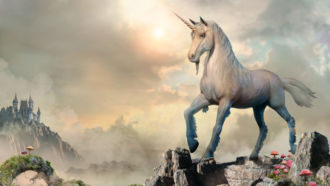 Genetics
GeneticsWhat would it take to make a unicorn?
Onward’s dumpster-diving unicorns seem like an impossibility. But scientists have some ideas about how unicorns could become real.
-
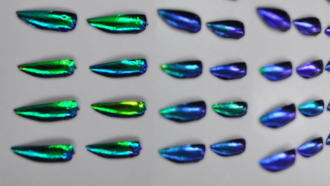 Animals
AnimalsAnalyze This: Shimmering colors may help beetles hide
Delve into data showing how brilliant colors that shift as a viewer — or predator — moves may help iridescent insects blend in.
-
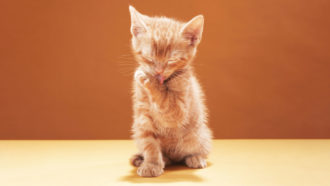 Animals
AnimalsThe many efforts to lick cat allergies
Up to one in five people around the world may be allergic to cats. Science is coming to help their desire for kitty cuddles.
-
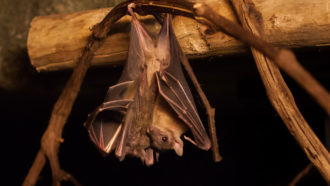 Health & Medicine
Health & MedicineImmune arms-race in bats may make their viruses deadly to people
An overactive immune system may help bats avoid being sickened by many viruses. This may viruses becoming stronger — and deadlier — when they hit other species.
-
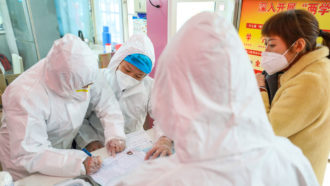 Health & Medicine
Health & MedicineYour most urgent questions about the new coronavirus
Researchers have more questions than answers right now about 2019-nCoV. They’re racing to understand and stop the coronavirus and the health crisis it poses.
-
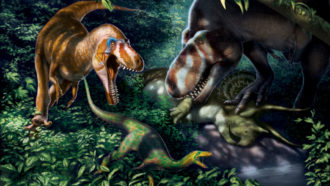 Fossils
FossilsSmall T. rex ‘cousins’ may actually have been growing teens
Dinosaurs once thought to be mini cousins of Tyrannosaurus rex may have been merely adolescent members of the famous species, a new study suggests.
By Sid Perkins -
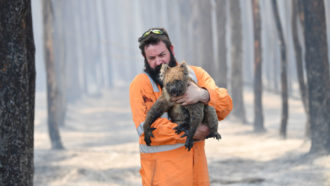 Environment
EnvironmentAustralian fires have imperiled up to 100 species
As massive wildfires consume huge swaths of Australia’s bush, untold species — many of them found nowhere else — are now threatened with extinction.
-
 Microbes
MicrobesGlobetrotting microbes in airplane sewage may spread antibiotic resistance
Along with harder-to-kill microbes, airplane sewage contains a diverse set of the genes that let bacteria evade antibiotics.
-
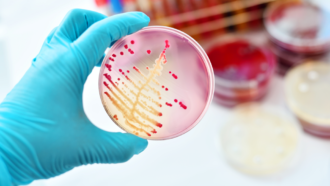 Microbes
MicrobesDrug-resistant germs kill some 35,000 Americans each year
The new mortality rate may be way low, some experts say. Also troubling are two new germs that have emerged as big and urgent threats.
-
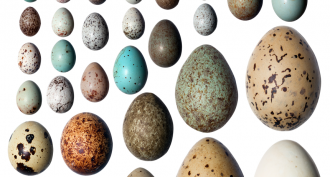 Animals
AnimalsWhy are bird eggs in cold climates darker colored?
A global survey of bird egg color has revealed a simple trend: the colder the climate, the darker the egg.
-
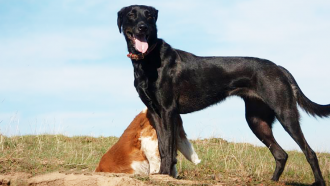 Genetics
GeneticsWhat we can — and can’t — learn from our pets’ DNA
Your dog or cat’s DNA is an open book. DNA tests tell people about their pet’s breed and attempt to predict things about its behavior and health.